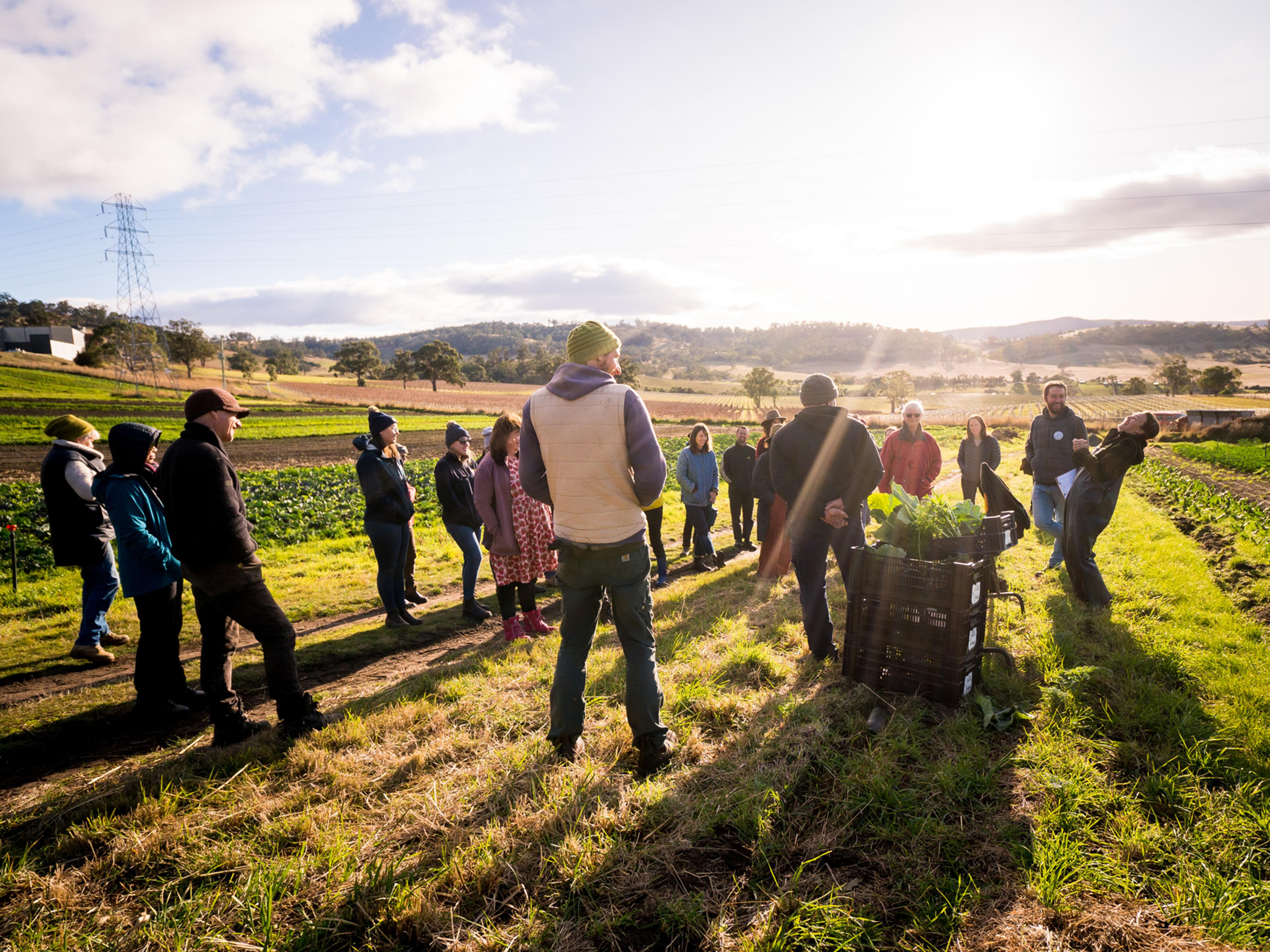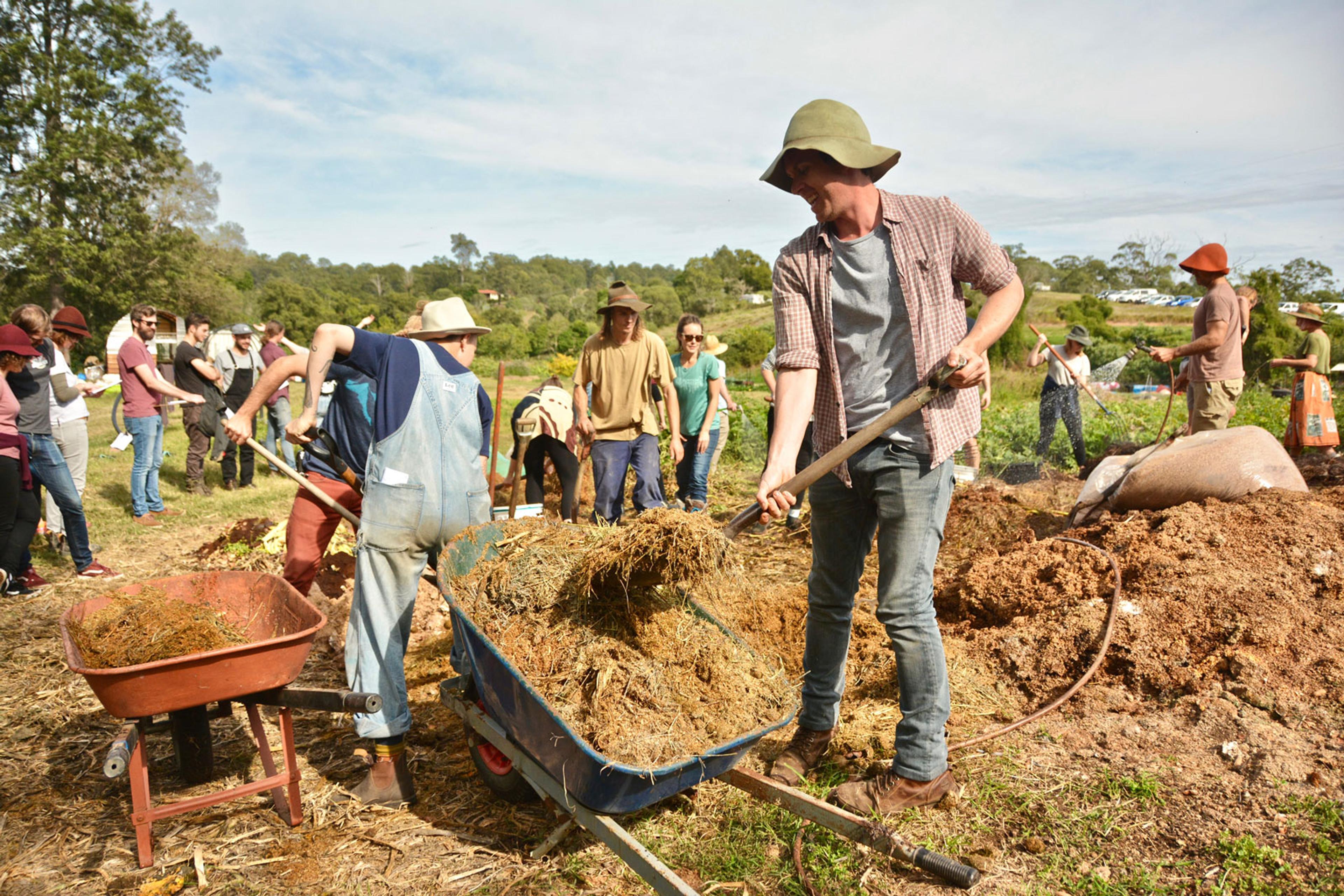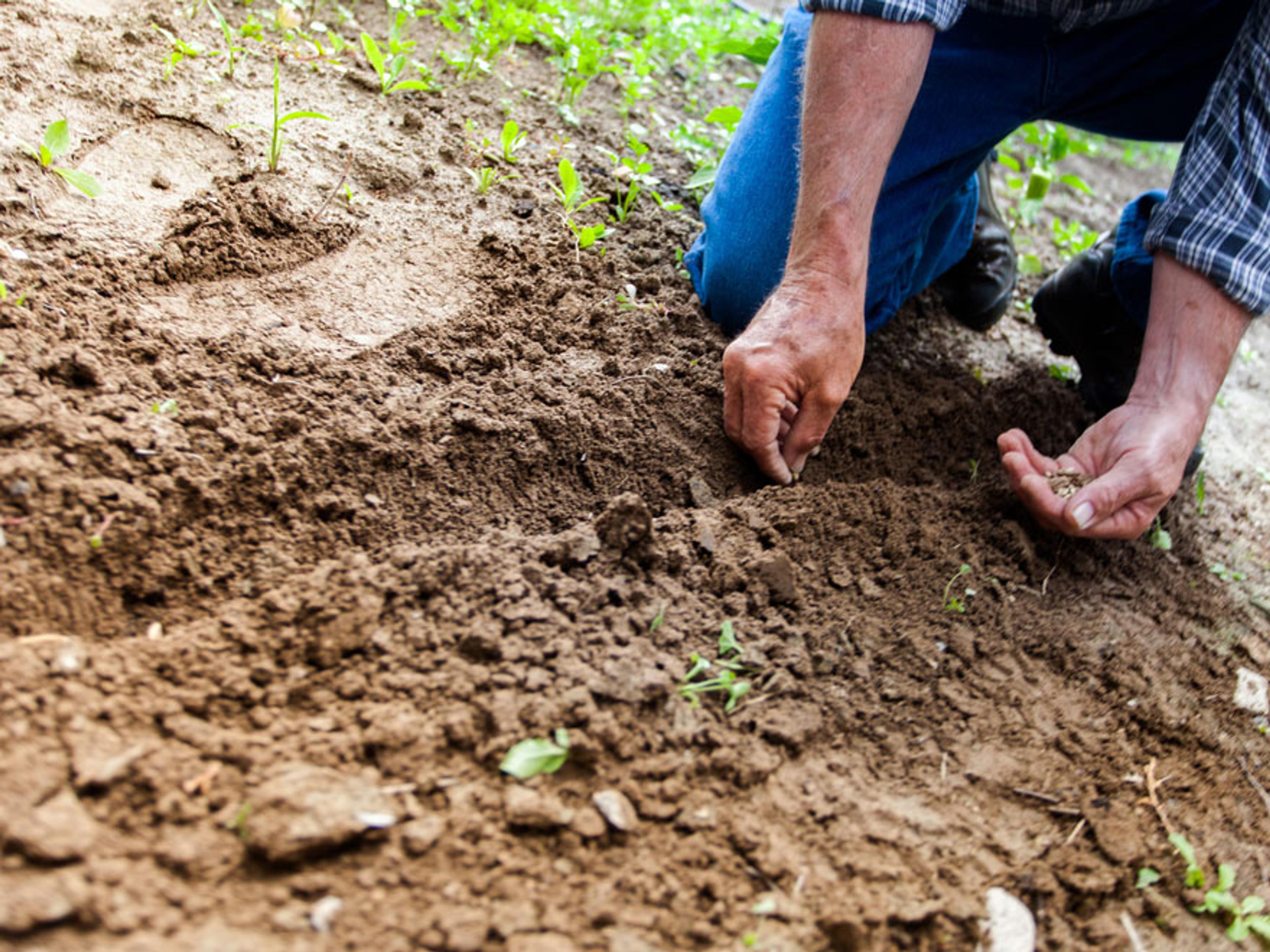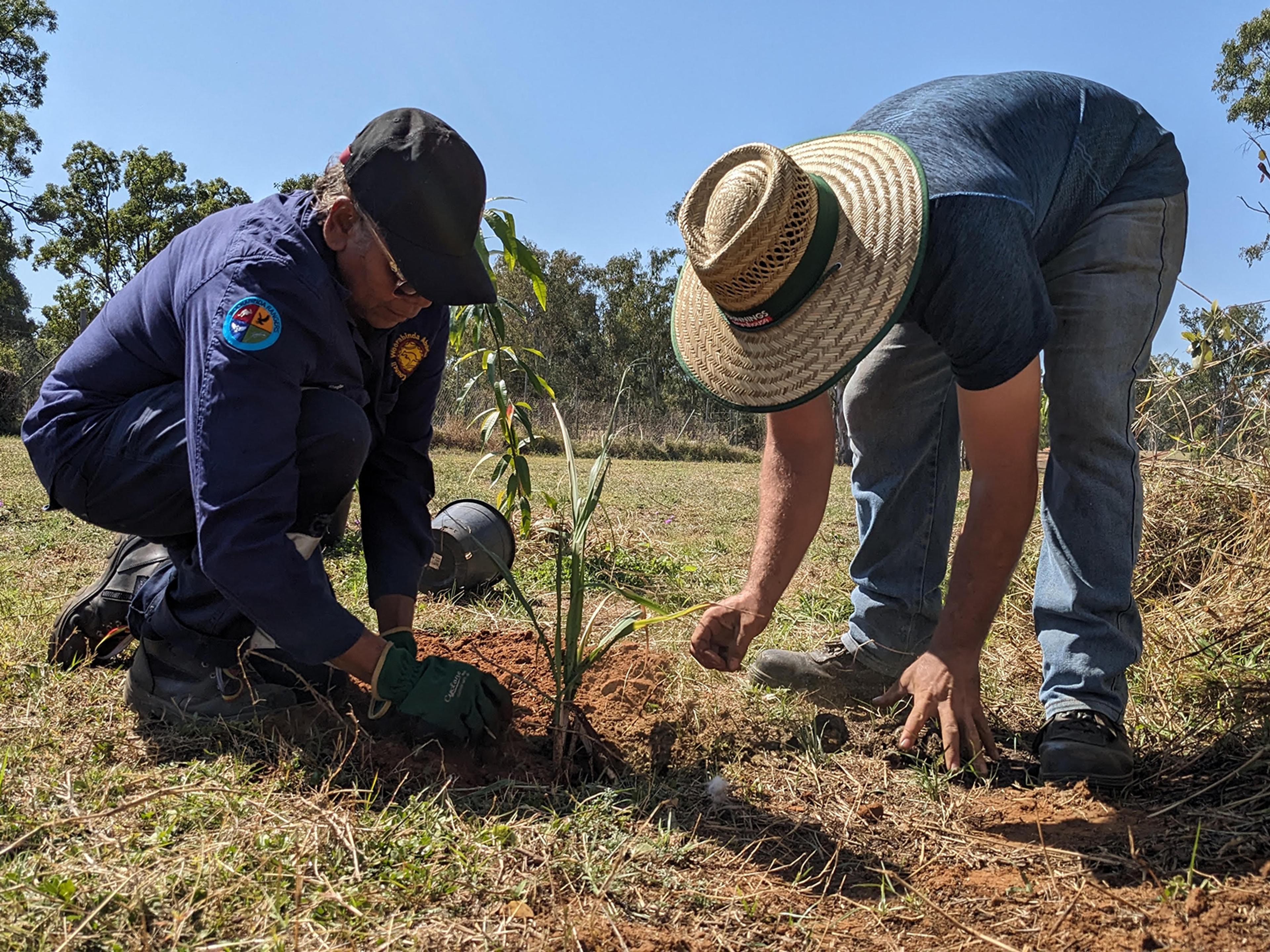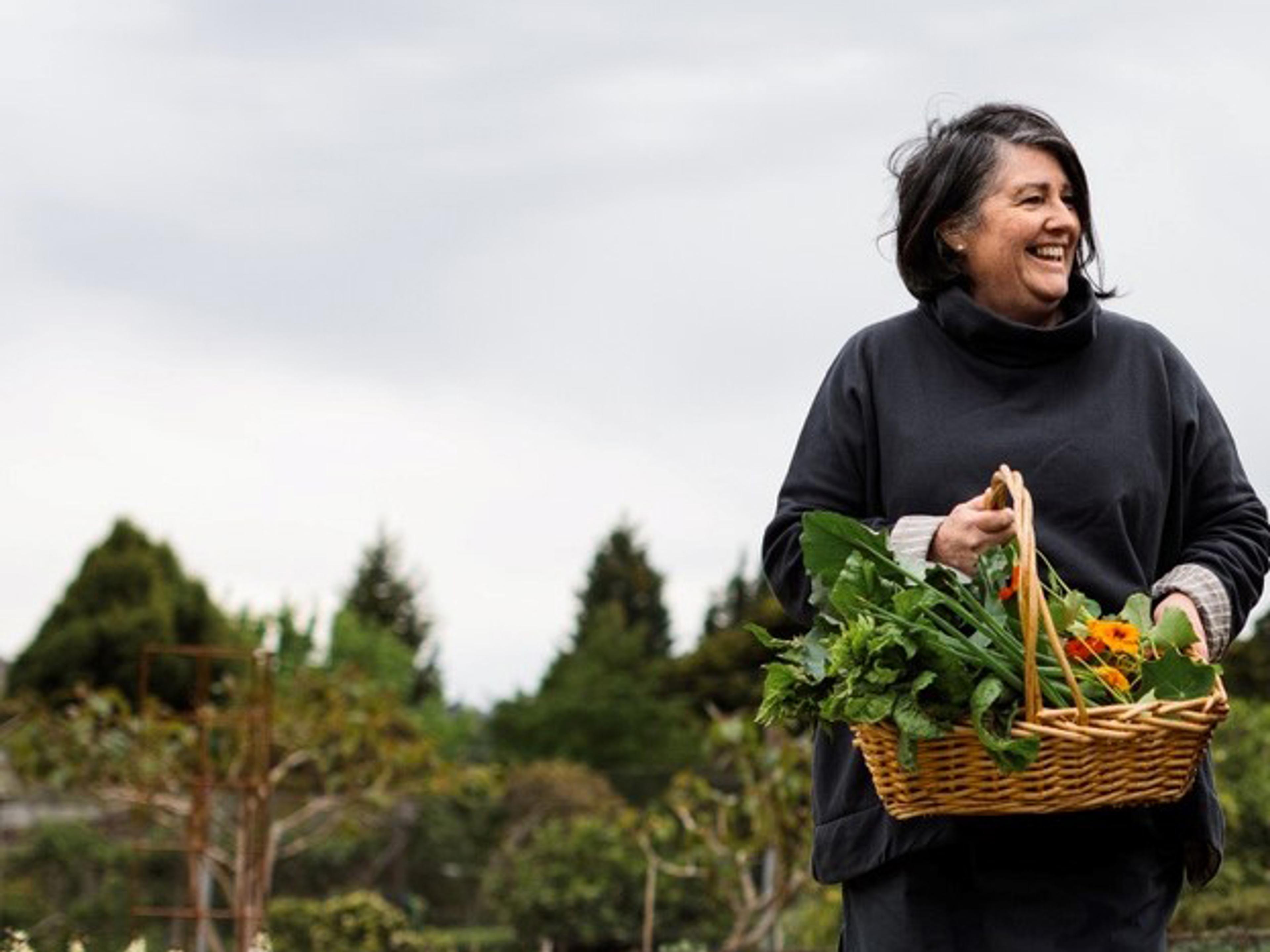Farmers, The Unsung Heroes of Climate Solutions
In Australia, the agricultural sector is often cast as a villain in the climate change narrative. This commonly held misconception paints farmers as a group of climate deniers prioritising profit without regard for the environment. However, it misses a crucial truth: most farmers care deeply about their land and are eager to embrace practices that benefit both people and the planet. They are not the enemy; rather, if given the right support, they could be pivotal players in the fight against climate change.
The Realities of Farming in Australia
Australian farmers are acutely aware of the impacts of climate change - they live it daily. Living off the land means they are extremely vulnerable to worsening bushfires, floods and drought. Compounded by the competitive demands of the major supermarkets and the impacts of the cost of living crisis, this constant stress has led to a tragic rise in farmer suicides, with research indicating that one farmer dies by suicide every 10 days in Australia. Between 2009 and 2018, the suicide rate for farmers was almost 60% higher than that of non-farmers, with rates increasing to 94% higher by 2018. Farmers face immense pressure as a result of environmental and economic instability.
One farmer dies by suicide every 10 days in Australia.
The Impact of Industrial vs. Regenerative Agriculture
Industrial agriculture, characterised by high inputs of synthetic fertilisers, pesticides, monoculture plantings, and long supply chains, has significant negative impacts on climate change. This system contributes to greenhouse gas emissions, soil degradation, and water pollution. According to the Intergovernmental Panel on Climate Change (IPCC), agriculture, forestry, and other land uses account for about 23% of human greenhouse gas emissions. Industrial farming practices deplete soil carbon and disrupt ecosystems, exacerbating climate change.
In contrast, regenerative agriculture offers a promising solution. Regenerative practices, such as cover cropping, no-till farming, rotational grazing and diverse plantings, improve soil health, increase biodiversity, and enhance carbon sequestration. Research from the Rodale Institute suggests that regenerative agriculture could sequester more than 100% of current annual CO2 emissions if practised globally. These methods help to build resilient ecosystems, enhance water retention in soils, and reduce dependency on chemical inputs, leading to lower emissions and healthier environments.
Research from the Rodale Institute suggests that regenerative agriculture could sequester more than 100% of current annual CO2 emissions if practised globally.
Image Credit: Woorabinda Aboriginal Shire Council
Additionally, regenerative agriculture can enhance farmers' economic resilience. Healthier soils lead to higher crop yields and reduced dependency on chemical inputs, lowering costs for farmers. A study by the Ecdysis Foundation found that regenerative farms had 78% higher profits than conventional farms due to lower input costs and higher yields.
The Cost of Transition
Transitioning from industrial farming to regenerative practices is not only time-consuming but also costly. It is a process that can take many years. Unfortunately, the burden of this transition falls heavily on the farmers themselves. They are often caught in a system that has historically demanded high inputs and high yields to remain viable. Now, to switch to more sustainable methods, they must invest significant resources and potentially sacrifice income, all while continuing to cope with a volatile economy, inconsistent government support and an unpredictable climate.
There is a need for governments to recognise that farmers hold the key to powerful climate solutions.
Despite the critical role that farmers play, government subsidies often favour industrial agriculture over sustainable practices. There is a need for governments to recognise that farmers hold the key to powerful climate solutions. Investing in infrastructure and resources that help farmers transition to regenerative practices is essential. Such support could include financial incentives, access to regenerative farming education, and the development of local facilities that process and distribute locally grown food.
The Role of Philanthropy
Philanthropy can play a crucial role in supporting farmers during this transition. By providing grants and financial assistance, philanthropic organisations can help cover the initial costs of adopting regenerative practices. These funds can be used for education, training, and the implementation of new farming techniques. Additionally, philanthropic initiatives can help build infrastructure for local food processing and distribution, further supporting and strengthening regenerative agriculture.
The Human Element
Beyond financial and infrastructural support, addressing the mental health crisis among farmers is paramount. The isolation, high workloads, and societal stigma surrounding mental health issues create a toxic environment where seeking help is often seen as a weakness. Community-based support and mental health services tailored specifically for farmers can help mitigate these risks. Programs that encourage social interaction and reduce isolation, such as local sporting events or community gatherings, can also provide much-needed relief.
Farmers are on the front lines of climate change, experiencing its effects firsthand while striving to sustain their livelihoods. By supporting their transition to regenerative practices, we can harness their potential to drive significant environmental change. It is time to shift the narrative: farmers are not the enemy of the climate movement; they are essential allies. With the right support, they can lead the way towards a more sustainable and resilient agricultural future.
Investing in our farmers means investing in our planet. It's time we start supporting them in the way they deserve.
Please support Sustainable Table to transform and transition our food and farming system and donate today.
Image L: Huon Douglas
Image R: Young Farmers Connect
